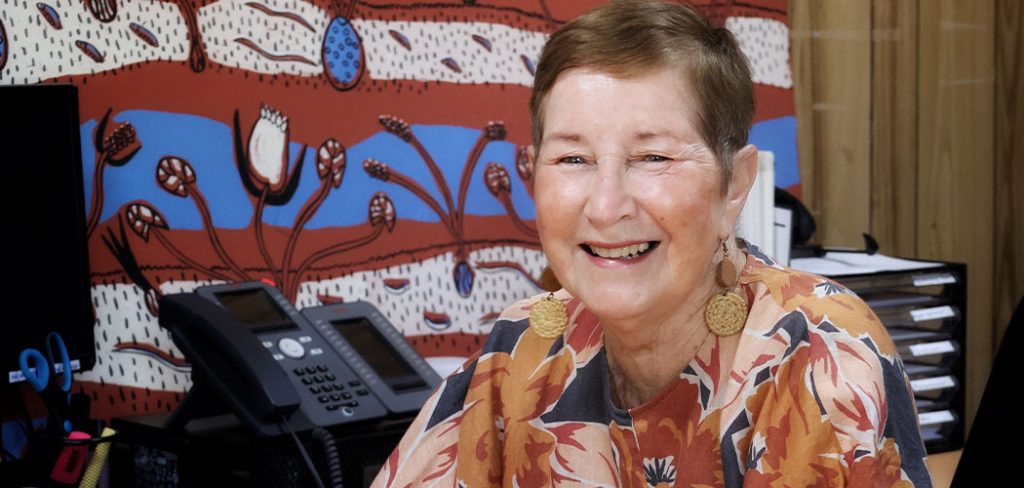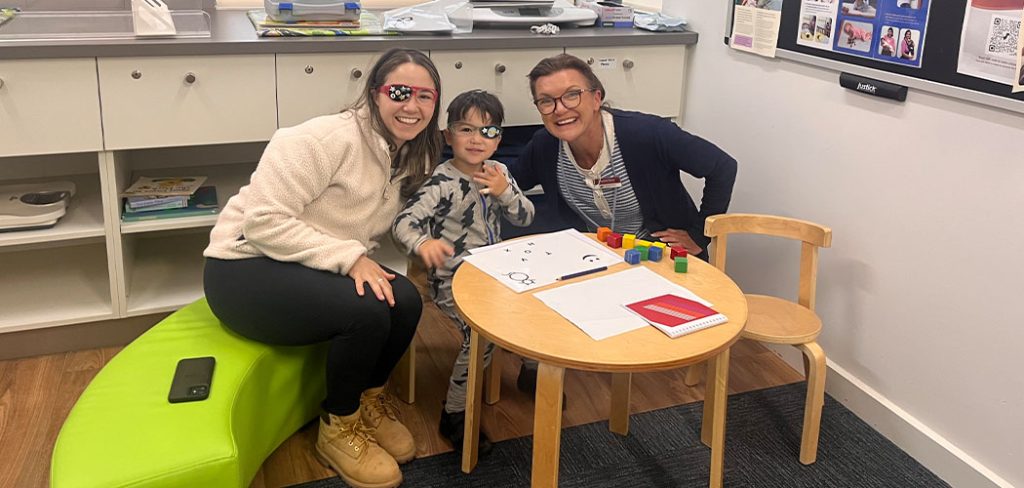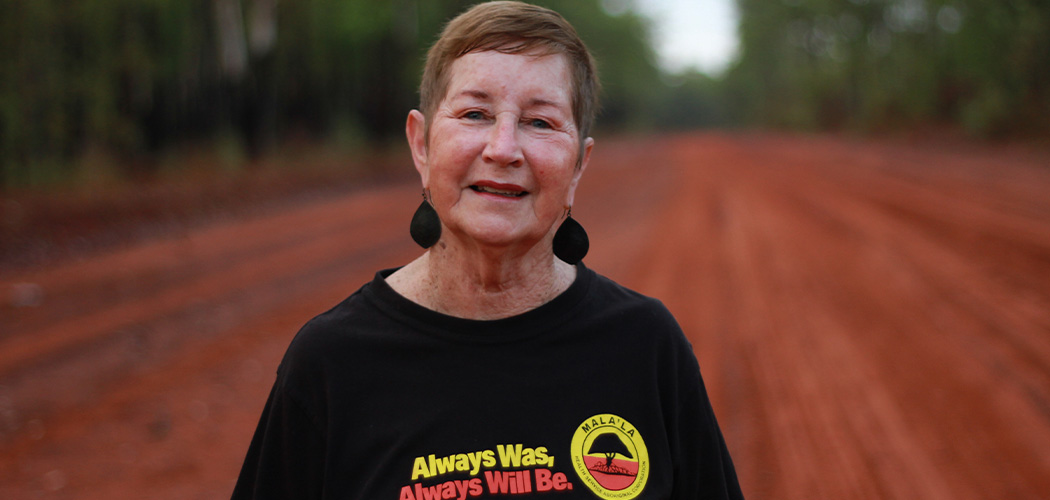Lesley Woolf originally wanted to join the Navy, but her father wouldn’t let her. So, she decided to become a nurse instead, embarking on a remarkable journey that has taken her across the country and now spanned more than five decades.
The Northern Territory registered nurse and midwife is among hundreds of Australians recognised in today’s King’s Birthday 2024 Honours List for her service to Indigenous health and to rural and remote nursing.
“It’s scary, really,” she tells the ANMJ, of receiving the Medal of the Order of Australia (OAM).
“You feel humbled, and I think it’s nice that someone has taken the time to nominate you. The other thing I saw as a positive is, I’ve been a nurse for over 50 years and there’s so many great nurses out there in rural and remote health, and I saw it [the award] as a bit of recognition for nurses who work in Indigenous health, and those who work in rural and remote.”
After working in Mount Isa in Queensland for many years, including as the Director of Nursing for the north-west region, Lesley moved to the NT in the early 2000s, where she became passionate about advancing and transitioning health services to Aboriginal Community Controlled Organisations. She considers the opportunity to improve health outcomes for Indigenous peoples a “privilege”.

“Having worked in Mount Isa for a long time, and in the emergency department for some years, you’re dealing with sick Aboriginal people every day of the week,” recalls Lesley, who is currently manager of health, aged care and community services at Mala’la Health Service Aboriginal Corporation, which services Maningrida and surrounding homelands in North East Arnhem Land.
“[What drives me] is the opportunity to make a difference and have some impact on their life. When I moved into community-controlled organisations, I was overwhelmed with our capacity to make change and the fact we could make decisions for ourselves. We could decide what programs we were going to run, which were consistent with what the community felt they needed.”
Typifying her advocacy, during the height of the COVID-19 pandemic, Lesley led a campaign to protect Indigenous peoples by facilitating mass vaccinations.
“The response to vaccinations was almost overwhelming,” she recalls.
“On our first day of vaccinations, we had a line-up for so long that we ended up getting marquees and music and tea, coffee, and water for people who were waiting.”
Reflecting on her nursing/midwifery career, Lesley describes herself as a “cheerleader for nurses” and the diverse opportunities that the profession offers.
“It’s a really exciting time for nurses,” she suggests.
“I think there’s an opportunity for remote nursing to really be a career focus and career goal for people to work towards. “
Victorian maternal child health nurse Samantha Dunne-Turner, too, received the Medal of the Order of Australia (OAM), for her service to nursing and the community.
Samantha, who has worked in maternal child health for nearly a decade, admits she shed some tears after being notified of the honour.
“I was shocked, then choked up, and then overwhelmed,” she says.
“I feel grateful and honoured. Being a nurse, you give and give and give, and it’s not often that you sort of feel like you receive back or feel like you get a lot of thanks. Then, suddenly, when you do, you almost question it, because you think ‘No hang on, it’s meant to be the other way around’. This can’t be real. This can’t be right.”
After training at St Vincent’s Hospital as an 18-year-old, Samantha’s nursing journey has taken her far and wide, including working in the NT and across Arnhem Land, and a stint as Acting Executive Director of Nursing at the Katherine Hospital. She also delved into teaching and academia, including developing a sexual reproductive health module for Victoria University in a bid to reduce rising teenage pregnancy rates.

Living in idyllic Macedon, a country town in the Macedon Ranges, Samantha currently works for the local council as a Maternal Child Health Nurse.
“The babies, they’re beautiful,” she beams.
“As a woman, it’s nice to give back and mentor younger women.”
On top of nursing, Samantha has also been heavily involved in humanitarian work and volunteering with Rotary, including a project over the past decade in Nepal and Mongolia to improve maternal and infant health by introducing childbirth education.
“I think that’s really made a major change in the maternal and infant mortality and morbidity.”
She hopes that her OAM recognition can help her drive more funding and grant opportunities to support ongoing humanitarian efforts in Nepal to further improve maternal and infant health. Ideally, she would like to see maternal and child health nursing introduced into countries that currently don’t have access to improve outcomes.
As for nursing more broadly, Samantha believes that the profession continues to punch above its weight and deserves more recognition.
“About 70% of the workforce, globally, is nurses, yet I don’t think we get anywhere near as much recognition as we should as professionals, and for the knowledge base that we’ve got. We’re an absolute bonus to society.”
LIST OF NURSES AND MIDWIVES HONOURED
MEDAL (OAM) IN THE GENERAL DIVISION
Denise Heinjus (VIC) – for service to nursing
Joy Nugent (SA) – for service to nursing, particularly palliative care
Dr Janine Philippa O’Keeffe (Porter-Steele) (QLD) – for service to nursing
Samantha Dunne-Turner (VIC) – for service to nursing and the community
Lesley Woolf (NT) – for service to Indigenous health and to rural and remote nursing








